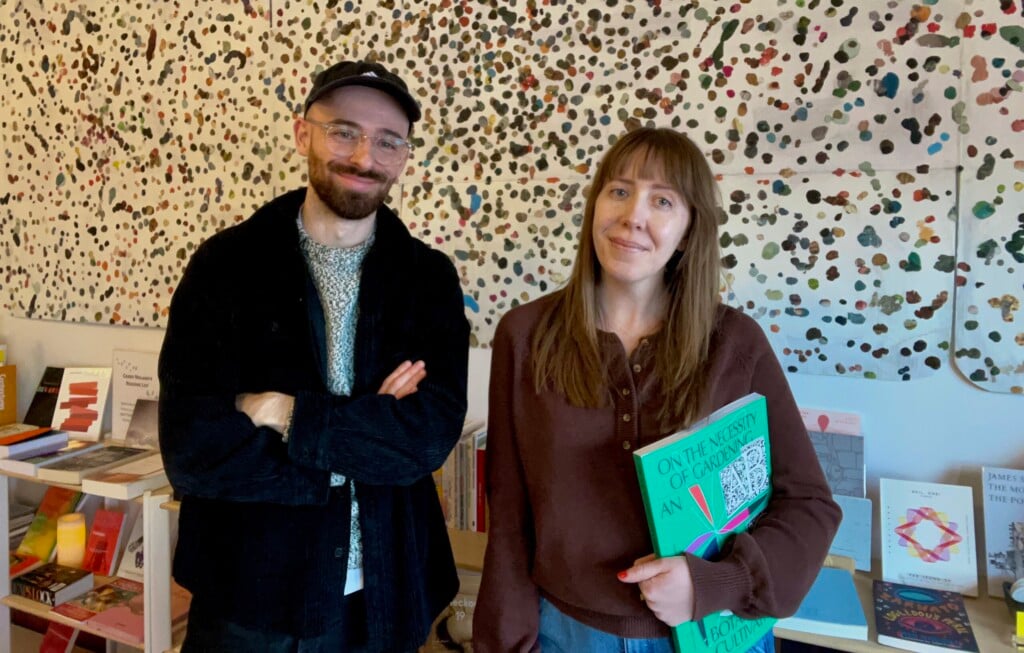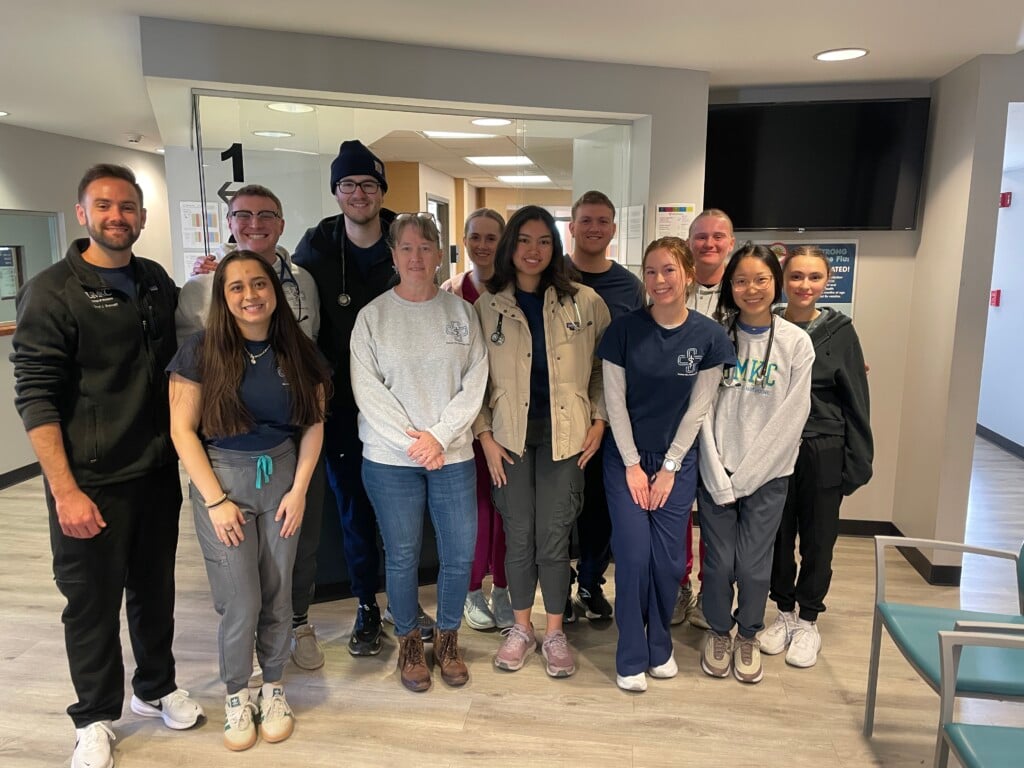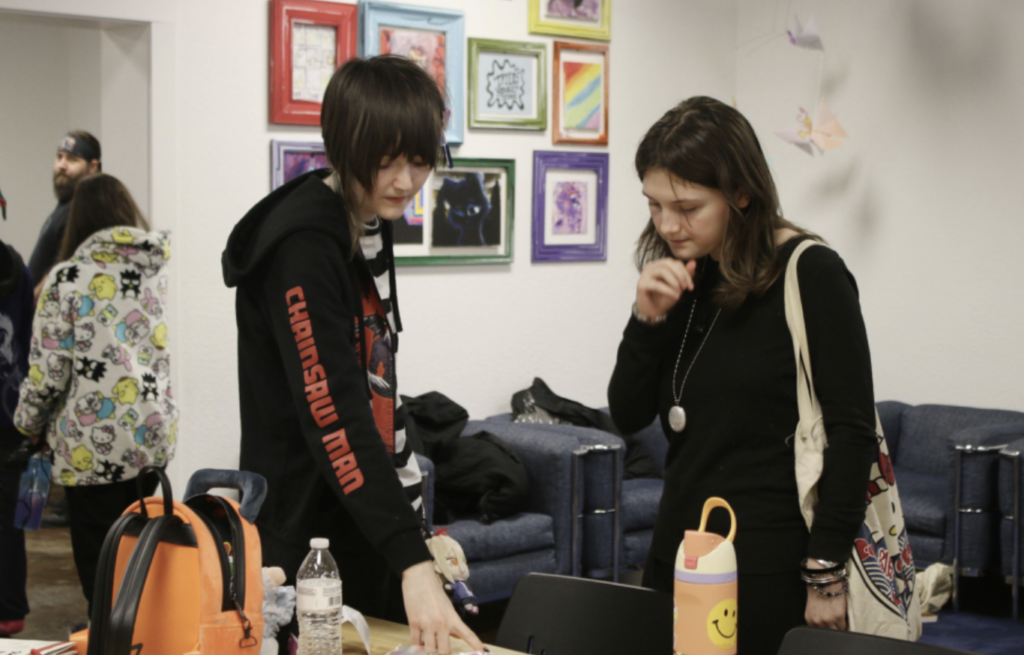Sara Brunsvold’s The Divine Proverb of Streusel explores generational femininity through carbs
Local author Sara Brunsvold recently released her second novel, The Divine Proverb of Streusel. Published by Christian publishing company Revell, the novel derives its name from the author’s favorite proverb within the text; the proverb for streuselkuchen. The Divine Proverb tells the story of main character Nikki Werner, and her journey towards healing.
The story begins in Nikki’s classroom, on the last day of school before summer break. It is within the first few pages we discover that Nikki’s father has unexpectedly remarried, a mere four months after he packed his bags and left. Everything happened so sudden. Her father’s affair being discovered, her parents getting divorced, and her father secretly remarrying.
Nikki’s boyfriend, Isaac, is introduced shortly after to the reader while he and Nikki discuss his return from a business trip. When Isaac mentions wanting to talk more seriously about their future, and brings up a ring, Nikki panics and runs away. She ends up in Eddner, Missouri, leaving Isaac confused and hurt.
The small town of Eddner is home to Wes Werner, Nikki’s uncle and the other partial narrator of the story. Brunsvold says of Wes, “Part of the story is told from his perspective, and goodness, if he isn’t the epitome of the German-descent farmers I grew up around.”
Wes is an incredibly understanding, patient, and protective man that welcomes Nikki onto his farm for the summer. He helps Nikki understand that hurt people hurt people through the Biblical stories and proverbs that act as a moral compass for the two. Together, they navigate relationship challenges, Nikki with her father, and Wes with love interest, Joyce.
The meat of the story follows Nikki as she navigates the healing process through the discovery of her German heritage. After discovering an old notebook in Wes’s farmhouse, Nikki discovers a plethora of recipes written by her great-grandmother. She searches through her past family history in order to fill a void that was created by her family history currently being written.
“In the kitchen, she had control, the power to bring something good from little, to change the unformed into something beautiful. It was as close to God as she might get.”
Preparing meals became a coping mechanism for Nikki, much like the story describes it to be for her grandmother. One of Brunsvold’s favorite recipes in the novel is a Frikadellen recipe, a German version of hamburgers. However, she is most excited about the inclusion of the recipe for scalloped cabbage, which came straight from her great-grandmother Lehenbauer’s collection.
Much like Nikki, Brunsvold witnessed the dissolution of her parent’s marriage when she was a young adult. “No matter how old the children are, divorce is traumatic. I struggled with resentment toward my dad in the aftermath.”
Brunsvold wanted the novel to be her “praise song to my gracious heavenly Father” for helping her to get through such a difficult time in her life and family. She hopes that readers will be left with an inspiration to discover their own heritage, and a new or reinvigorated hope in the power of forgiveness.






